Related Research Articles

Mieczysław Karłowicz was a Polish composer and conductor.

Maurice Greene was an English composer and organist.

William Boyce was an English composer and organist. Like Beethoven later on, he became deaf but continued to compose. He knew Handel, Arne, Gluck, Bach, Abel, and a very young Mozart, all of whom respected his work.
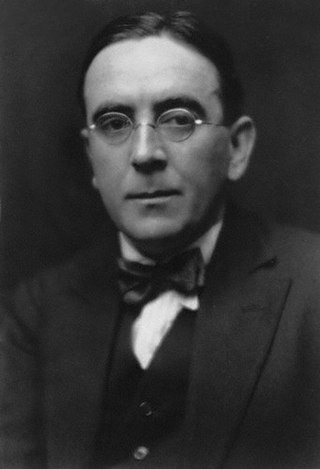
John Nicholson Ireland was an English composer and teacher of music. The majority of his output consists of piano miniatures and of songs with piano. His best-known works include the short instrumental or orchestral work "The Holy Boy", a setting of the poem "Sea-Fever" by John Masefield, a formerly much-played Piano Concerto, the hymn tune Love Unknown and the choral motet "Greater Love Hath No Man".
Hyperion Records is a British classical record label.
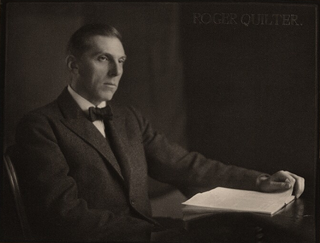
Roger Cuthbert Quilter was a British composer, known particularly for his art songs. His songs, which number over a hundred, often set music to text by William Shakespeare and are a mainstay of the English art song tradition.
The year 1705 in music involved some significant events.
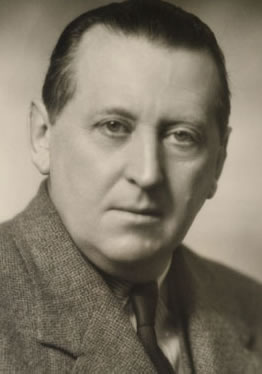
Edwin York Bowen was an English composer and pianist. Bowen's musical career spanned more than fifty years during which time he wrote over 160 works. As well as being a pianist and composer, Bowen was a talented conductor, organist, violist and horn player. Despite achieving considerable success during his lifetime, many of the composer's works remained unpublished and unperformed until after his death in 1961. Bowen's compositional style is widely considered as ‘Romantic’ and his works are often characterized by their rich harmonic language.
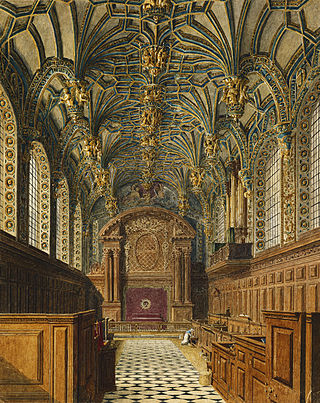
William Mundy was a Renaissance English composer of sacred music and father of composer John Mundy. Over four hundred years after his death, William Mundy's music is still performed and recorded.
Ludomir Różycki was a Polish composer and conductor. He was, with Mieczysław Karłowicz, Karol Szymanowski and Grzegorz Fitelberg, a member of the group of composers known as Young Poland, the intention of which was to invigorate the musical culture of their generation in their mother country.
The Mass in G minor is a choral work by Ralph Vaughan Williams written in 1921. It is the first Mass written in a distinctly English manner since the sixteenth century. The composer dedicated the piece to Gustav Holst and the Whitsuntide Singers at Thaxted in north Essex, but it was first performed by the City of Birmingham Choir on 6 December 1922. Though the first performance was in a concert venue Vaughan Williams intended the Mass to be used in a liturgical setting. R.R Terry directed its first liturgical performance at Westminster Cathedral.
Percy William Whitlock, was an English organist and post-romantic composer.
Among the fairly large repertoire for the standard piano trio are the following works:
Capel Bond was an English organist and composer.
Richard Henry Walthew, often known as Richard H. Walthew was an English composer and pianist, and an important figure in English chamber music during the first half of the 20th century.
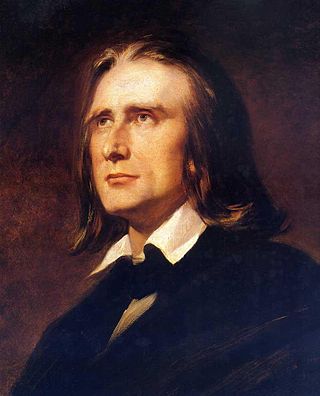
This article lists the various treatments given by Franz Liszt to the works of almost 100 other composers.
George Herbert Fryer was an English pianist, teacher and composer.

Jules Massenet's Piano Concerto is a 1902 work for piano solo and orchestra. It is scored for a typical-sized ensemble of the time. The concerto was performed in 1903 by Louis Diémer at the Conservatoire de Paris. After the premiere, it quickly fell into obscurity and is seldom heard today.
William Spark was an English musician, writer, composer and organist based in Leeds.
John Bedingham was an English early Renaissance composer.
References
- ↑ Bartlett, Ian; Bruce, Robert J. (1 January 1980). "William Boyce's 'Solomon'". Music and Letters. 61 (1): 28–49. doi:10.1093/ml/61.1.28 – via academic.oup.com.
- ↑ "Solomon (Boyce, William) - IMSLP: Free Sheet Music PDF Download". imslp.org.
- ↑ "Boyce: Solomon". Hyperion Records.
- ↑ "Review". Gramophone.
- ↑ "Gilchrist, Bevan, OAE, Devine, QEH | The Arts Desk". theartsdesk.com.